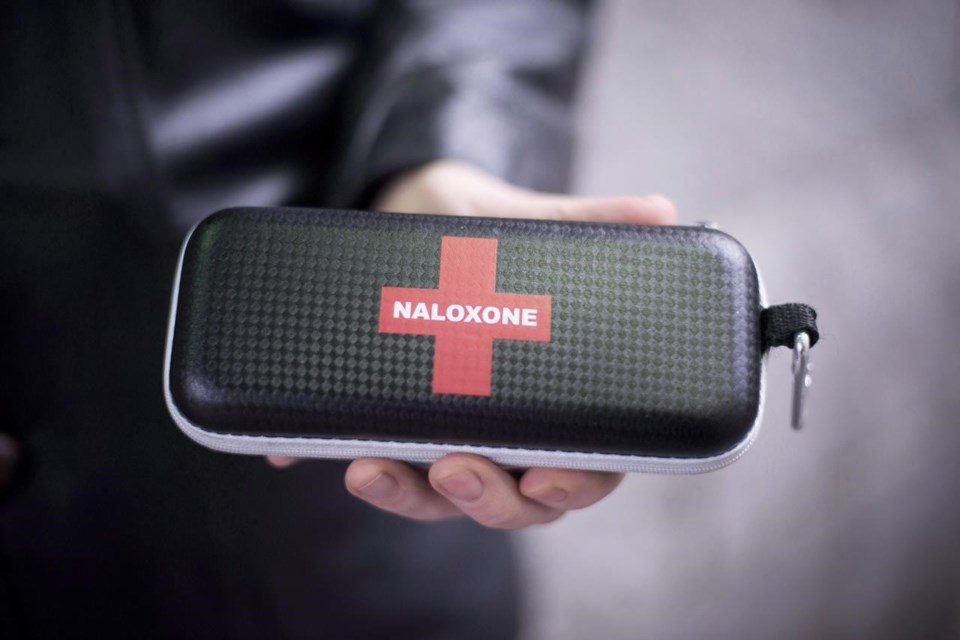OTTAWA — Drug overdose calls have become a daily occurrence in the nation's capital and paramedics say they're concerned about the toxicity of the drug supply, which is making the most widely available tools less effective.
"There isn't a day that has gone by in 2022 that we have not received an overdose call," said Darryl Wilton, president of the Professional Paramedic Association of Ottawa.
Wilton said his team is seeing an increase in benzodiazepines such as Valium being mixed with opioids — a combination that can send patients to the hospital for treatments paramedics can't provide.
Naloxone is considered a first-line treatment for paramedics and has been made accessible at pharmacies because it can reverse opioid overdoses. The problem, Wilton said, is that not all patients are responding to the antidote, which is not effective against benzodiazepines.
"Nobody is carrying an (antidote) kit for what's currently in the drugs because that message hasn't made it to the streets," said Wilton.
A drug called flumazenil can reverse benzodiazepine overdoses, but Wilton said it is administered at the hospital and not by paramedics.
The Renfrew County and District Health Unit, which serves communities just west of the city, sent out an overdose alert Monday warning residents about "life-threatening" drugs circulating in the area.
Ian Gemmill, the county's acting medical officer of health, said he was alarmed that four people overdosed last week.
"We don't even have all the details. It takes a long time to get the drugs tested, but one has to act quickly to get the message out because lives are at risk," said Gemmill.
Data from Ottawa Public Health show there were 693 emergency room visits for opioid-related overdoses between January and October, which is 10 per cent fewer visits than in the same period in 2021.
Wilton said supervised consumption sites are likely one reason for that drop. The Somerset West Community Health Centre is home to one such site that has an average of 700 visits each month.
Caroline Cox, the centre's senior manager of harm reduction, said there has been an increase in visits since the fall but the number of overdoses remains low, averaging at around 10 a month.
"I think (that) speaks to the purpose of the safe consumption site: the overwhelming majority of overdoses are just treated by staff that don't require any EMS intervention," she said.
Still, Cox said the staffing shortages plaguing other areas of the health system are also putting a strain on the safe consumption site, which requires health-care supervisors to be present.
As a result, the centre has changed its hours several times throughout the pandemic and hasn't been able to expand services despite the rising demand.
The health unit and paramedic services are urging people to carry a naloxone kit and to use the buddy system when taking recreational drugs.
This report by The Canadian Press was first published Jan. 4, 2023.
———
This story was produced with the financial assistance of the Meta and Canadian Press News Fellowship.
Cindy Tran, The Canadian Press



